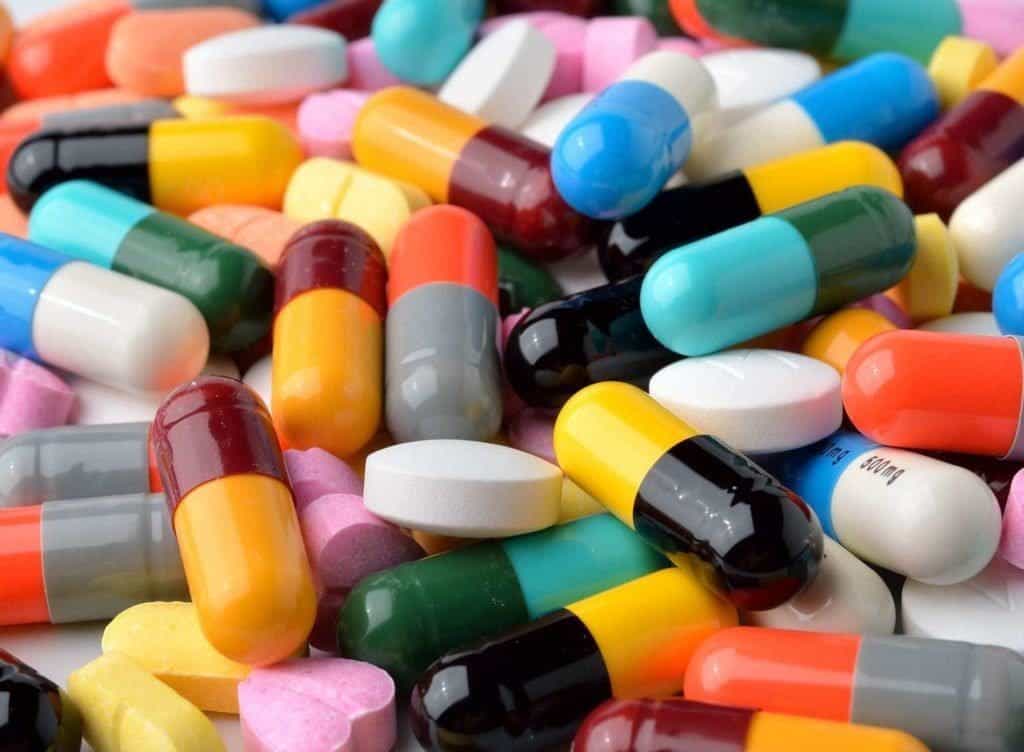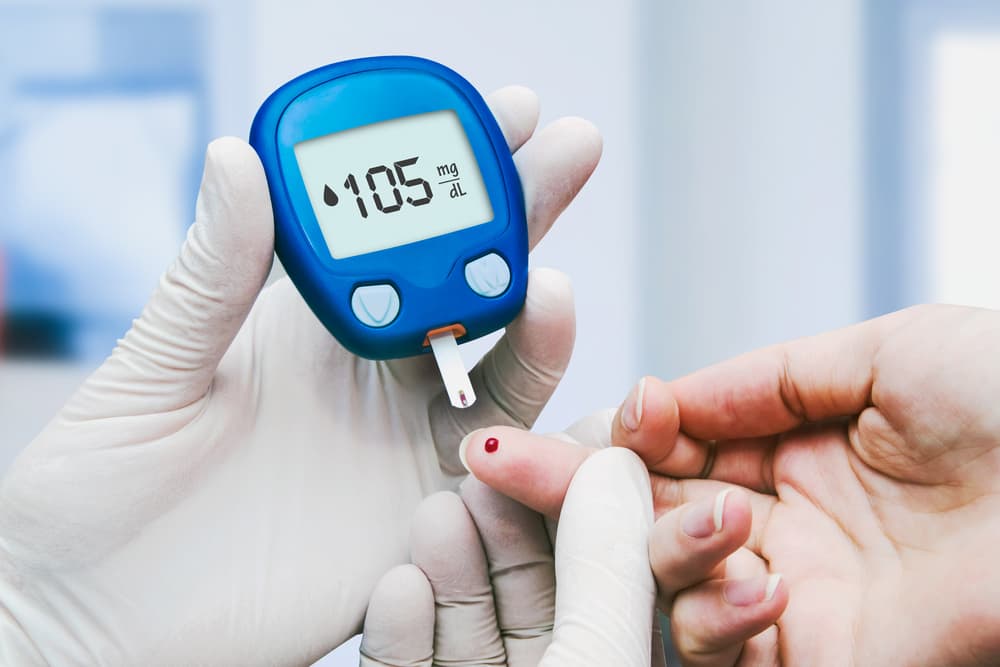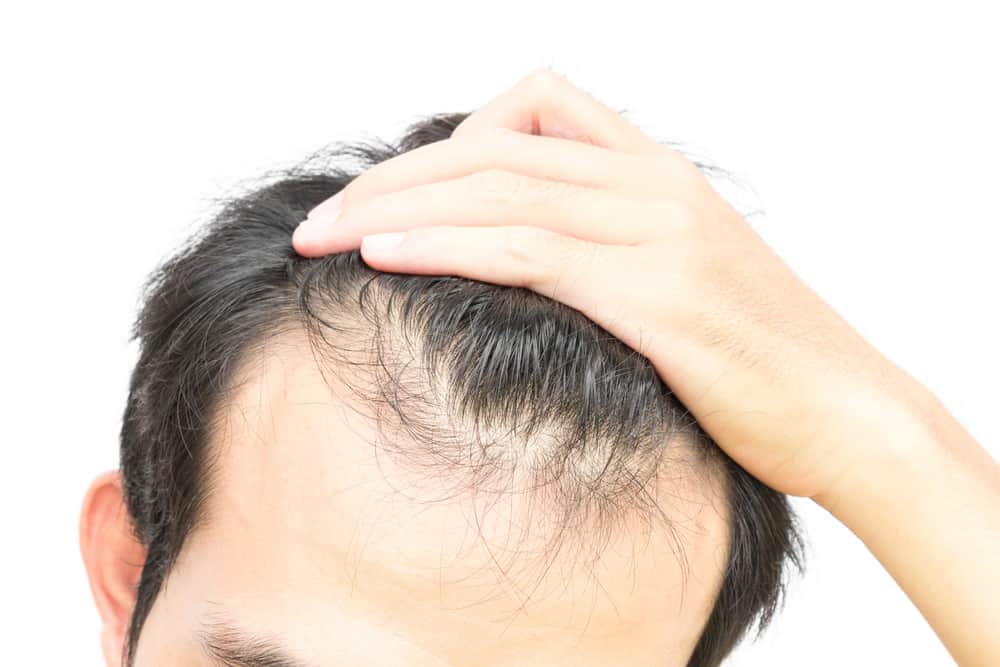Contents:
- Medical Video: Metformin - Anti-aging Drug - Human Trials 2016
- How do antianginal drugs work?
- What are the side effects of antianginal drugs?
- What should be considered?
Medical Video: Metformin - Anti-aging Drug - Human Trials 2016
Antianginal treatment is drugs that are used to prevent and alleviate angina attacks and also in the treatment of other coronary diseases. The therapeutic effects of this group are associated with anti-ischemic and analgesic effects.
Antianginal drugs are grouped into treatments that reduce the demand for heart tissue in oxygen and increase blood supply to the heart (nitral, calcium channel blockers); treatment that reduces effects catecholamines (beta-blockers) and drugs that increase blood supply to the heart (beta-adrenomimetics) The 2 main groups of antianginal treatment are organic nitrate and calcium antagonist. Both groups are vasodilators and enhance myocardial perfusion, and reduce metabolic demand in the myocardium. In addition to antianginal treatment, complex treatment of coronary heart disease includes antiplatelets, anticoagulants, anti-atherosclerotic drugs, anabolics, cardiac glycosides, anti-hypoxic agents, anti-arrhythimics and tranquilizers.
Peripheral vasodilator groups include organic nitrates, derivatives, and Sidnomines.
Nitrates are a group of medical preparations that have action vasodilating potent. The group of nitrates includes these drugs:
- Nitroglycerin
- Isosorbide mononitrate
- Isosorbide dinitrate
Between sidnomines, molsidomine is also used in practice.
How do antianginal drugs work?
Antianginal drugs are used to relieve symptoms and prevent attacks of angina. If you have a high risk of a heart attack or stroke, the risk can be lowered by a combination of drugs and lifestyle changes. Directions recommend early treatment with one or two antianginal drugs, plus aspirin, possibly angiotensin-converting enzyme inhibitorand statins for prevention secondary to cardiovascular disease.
The antianginal drugs recommended for initial treatment are β-blockers and calcium channel blockers, which decreases myocardial ischaemia with a decrease in heart rate and vasodilator mechanism. Doctors will usually prescribe one or both of these classes of drugs, together with short acting nitrate to immediately relieve a heart attack. But if these drugs are intolerable, contraindicated, or fail to improve symptoms, you can use alternative antianginal drugs, such as oral long-acting newer nitrates and antianginal drugs.
As a result of chemical transformation, all nitrates are converted to nitrogen oxides, substances, analogs of Endothelium-Derived Relaxing Factor (EDRF). NO (nitrogen oxide) activates guanylate cyclase which causes the formation of guanosine monophosphate which interacts with muscle proteins, causing relaxation in smooth muscles. This causes dilation of blood vessels (main vessels in vein pads), placing blood on the vessels and reducing them preload heart tissue. This then reduces the diastolic pressure in the left ventricle and decreases the demand for heart tissue in oxygen.
Nitrates also seek vasodilating action in the coronary arteries. Vasodilating action explains the efficacy of treatment in patients with congestive heart failure.
What are the side effects of antianginal drugs?
Some of the side effects of nitrates include:
- Cardio-vascular system: hypotension including orthostatic, tachycardia, facial hyperemia. In rare cases, symptoms of stenocardia can occur.
- Digestive system: dry mouth, nausea, vomiting.
- Dermatological reactions: dermatitis, skin rash.
You may experience side effects due to organic nitrates, which include:
- Itchy
- Blurred vision
- Severe headaches
- Skin rashes
Common side effects on this drug:
- Dizzy
- Skin rash
- Headache
- Blush and warm on the face and neck
- Irritation of the skin, itching
- Itchy
- Blurred vision
- Tongue burning
- Low blood pressure
Side effects on calcium antagonists include:
- Constipation
- Headache
- Heart beat (tachycardia)
- Dizzy
- Rash
- Fatigue
- flushing
- Nausea
- Swelling of the legs
Always consult a doctor or call a doctor if you feel that these side effects are bothering you.
What should be considered?
Nitroglycerin can help you control the symptoms of angina, in the form of pills, spray fluids, skin patches or paste it. Do not use drugs that enhance erections, such as sildenafil (Viagra), tadalafil (Cialis) or vardenafil (Levitra) if you are using nitrates. Combining these drugs can reduce blood pressure which is very dangerous.
Nitrates can increase the hypotensive effect of other vasodilating agents such as beta-blockers, calcium channel blockers, PDE5 inhibitors (for the treatment of erectile dysfunction), neuroleptics, antidepressants, chinidine, procain amide, and ethanol.
Using with dehydroergothamine can increase blood levels of dehydroergothamine and increase hypotensive action.
Combination of nitrate with m-choline blockers can increase the risk of intra-ocular pressure.
Adsorbent, binding and ambient treatment can reduce the absorption of nitrates in the digestive tract.
If your doctor prescribes an antianginal agent for you, make sure you discuss how these medications can help your condition, their use, and possible side effects.
Hello Health Group does not provide medical advice, diagnosis or treatment.












